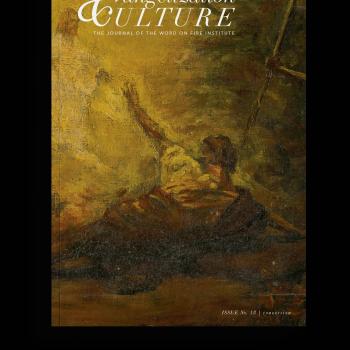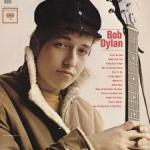That is the title of a conversation that appears in the most recent issue of The City, a publication of Houston Baptist University. I am honored to be one of the discussants, along with Paul Cella III, Sean Curnyn, Benjamin Kerstein, and Benjamin Domenech. However, my contribution is dwarfed by those of my fellow discussants, who offer a lot more insight than I can possibly muster. Here is an excerpt from Mr. Domenech’s opening comments:
Today we’ve gathered a group of five friends and colleagues—includinga Catholic, an Evangelical, an Anglican, an Orthodox Christian and an Atheist Jew—to discuss Bob Dylan, perhaps the most influential musician alive today, and particularly his fascinating approach to the spiritual realm, and how he writes about faith and God.
Forgive me if I start with a memory, which seems less wrong if only because the subject we have in Bob Dylan is the king of reminiscing, mostly about what never was and what never will be again.The first time I heard Dylan—reallyheard him—was a decade ago, my freshman year in college, when the top ten single list included songs from R. Kelly, Celine Dion, Britney Spears, Ricky Martin, Christina Aguilera, and Destiny’s Child. Standing out from a sea of cliche-ridden Pulp Fiction posters and ludicrously over-sexed pinups, there was one guy on the hall, a short guy dressed in black who had put up just one poster: a vast picture of Johnny Cash. He had moved in ahead of us all, and was listening to an album that I would only later come to adore, Dylan’s Time Out of Mind. I, still stuck in the shallow rut of teen angst songs, listening in the pre-iPod age to a mash of eighties guitar rock, hippie reboots, and hip hop, mocked it like the young foolI was. “Hey, it’s The Frosh in Black,”I said to the guy. He did his part to reinforce the image by wearing a lot of black—and eventually the whole hall called him that.
You can read the whole thing here.

















